Facts about Germany and Germany is the second largest country in Europe with 82 million inhabitants (2019) and has been trading with Sweden since the 12th century. Germany is a popular country in Sweden and a country that many people holiday in or pass through on their holidays to southern Europe.
Table of contents
Facts about Germany
Germany has 16 federal states (Länder) and is a federal republic. There are more than 20,000 castles and fortresses and many beautiful castle parks for which they are very well known. Germany has nine neighbouring countries: Denmark, Poland, Czech Republic, Austria, Switzerland, France, Belgium, Luxembourg and the Netherlands.
As many people know, BMW, Audi and Mercedes cars come from Germany. Interesting facts about Germany are that they have been in NATO since 1955 and the EU since 1 January 1958, and that they love sausages and beer. So what are the "things you don't really know about Germany"? We hope to come up with some surprises.
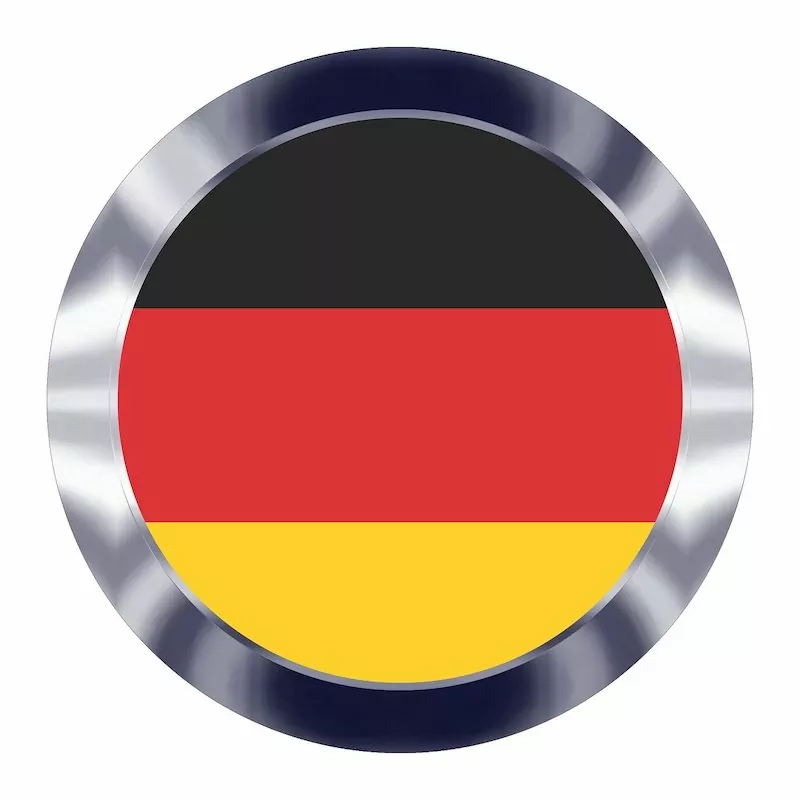
1. Adidas and Puma from Germany
The Dassler brothers from Herzogenaurach in eastern Germany fell out after World War II and went their separate ways. They each opened their own company. Adolf Adi Dassler started Adidas, and his brother Rudolf Dassler started Puma. Not bad for two brothers!

2. Gutenberg the printer
Johannes Gutenberg from Mainz was the inventor of the art of letterpress printing. and the first book already in the middle of the 15th century. His most famous work, the Mazarin Bible, was made between 1455-1458, and I am now writing in a programme in WordPress called Gutenberg. Pretty cool!
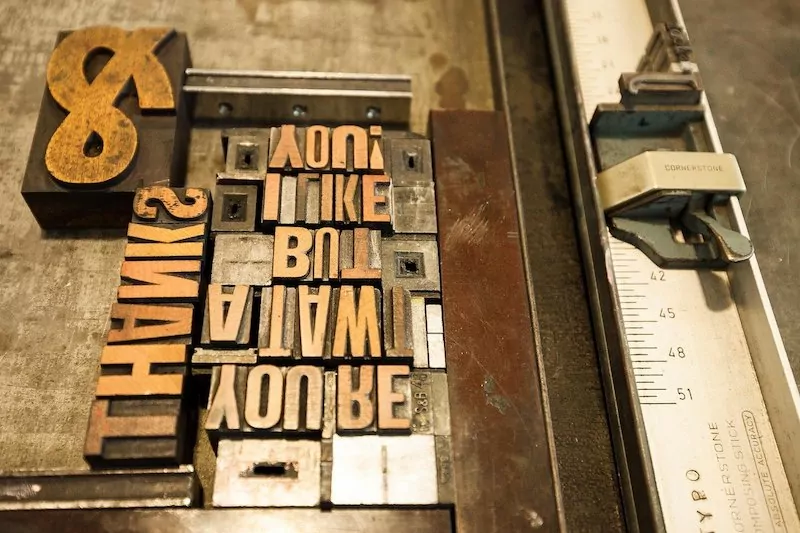
3. All the Grimm Brothers' fairy tales
The brothers Jakob and Wilhelm Grimm are responsible for the Grimms' fairy tales. which is a fine contribution from Germany. Rapunzel, Snow White and the Seven Dwarfs, Hansel and Gretel, Puss in Boots, Cinderella, Sleeping Beauty and many many more.

4. Sony Walkman from Germany
Inventor Andreas Pavel from Brandenburg an der Havel patented a portable tape recorder with earbuds in 1977 which he called the 'Stereobelt'. Sony made its own Walkman and they were in dispute for many years over the patent before paying Andreas millions.

5. The world's longest beer table
At the beginning of AugustAround 3-5, a 2.2 km long beer festival is organised in Berlin. Along Karl-Marx allee you can drink beer from 340 exhibitors over several days during the big street party. This is crazy and such a fun idea! Hick!
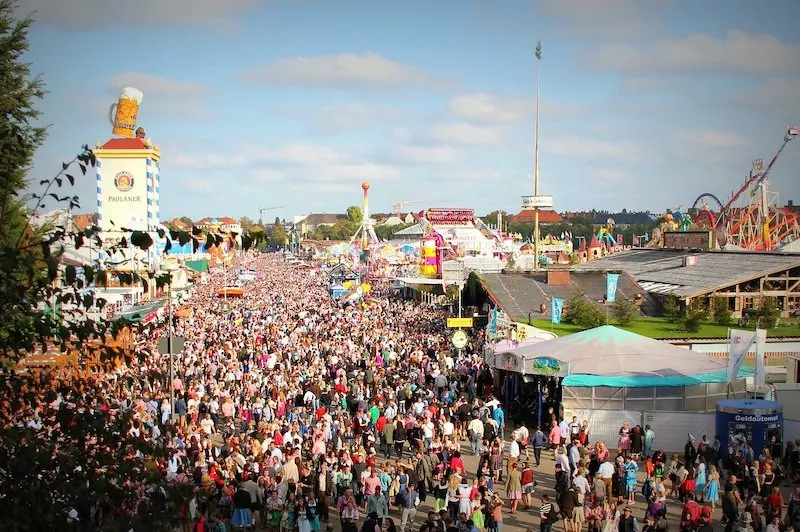
6. Berlin has about 1700 bridges
Berlin has more bridges than Venice, Amsterdam and Stockholm combined. Absolutely crazy! See the landmark Liesenbrücke railway bridge built in 1890, the beautiful Oberbaum Bridge dating back to 1732, the 1821 Schlossbrücke (castle bridge) over the River Spree and hundreds more.
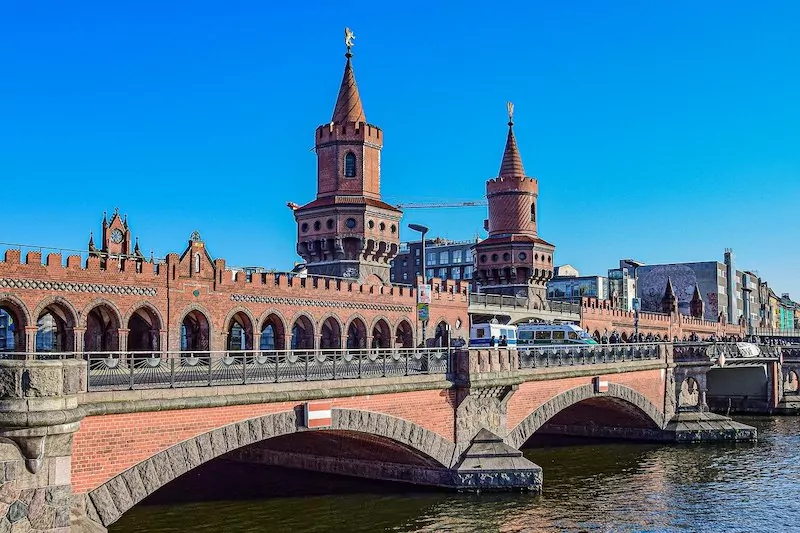
7. No penalties for running away
It is a basic instinct to be freeand therefore there is no penalty if you escape from a prison in Germany.
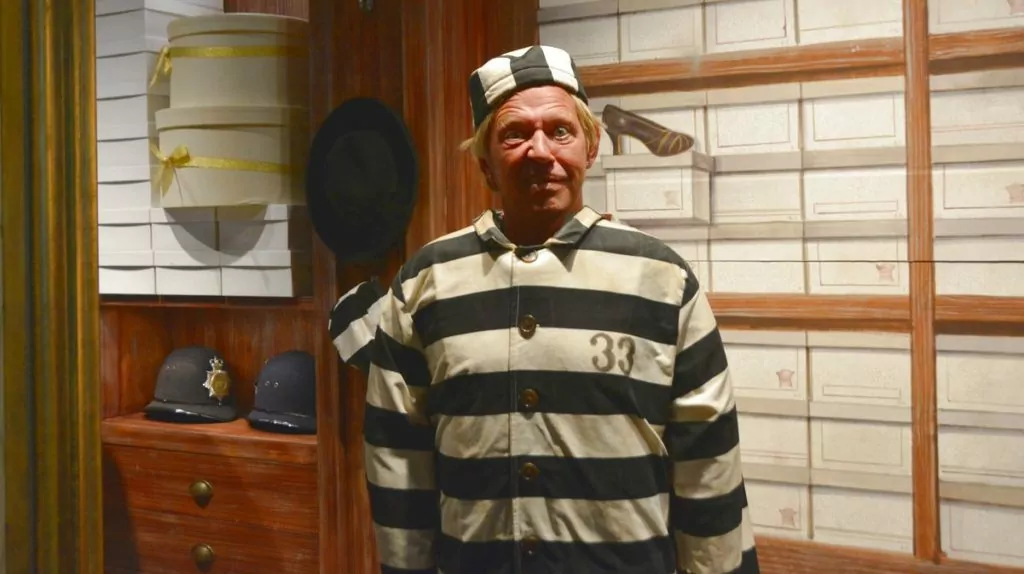
8. Sundays are closed in Germany
Sunday is a quiet and peaceful day in Germanyand everything is closed. Don't start a lawnmower, don't nail up a shelf. Here we are talking "Rest Day" or quiet day.

9. The world's narrowest street
In the town of Reutlingen south of Stuttgart you will find the narrowest street in the world. Spreuerhofstrasse is only 31 cm at its narrowest point.
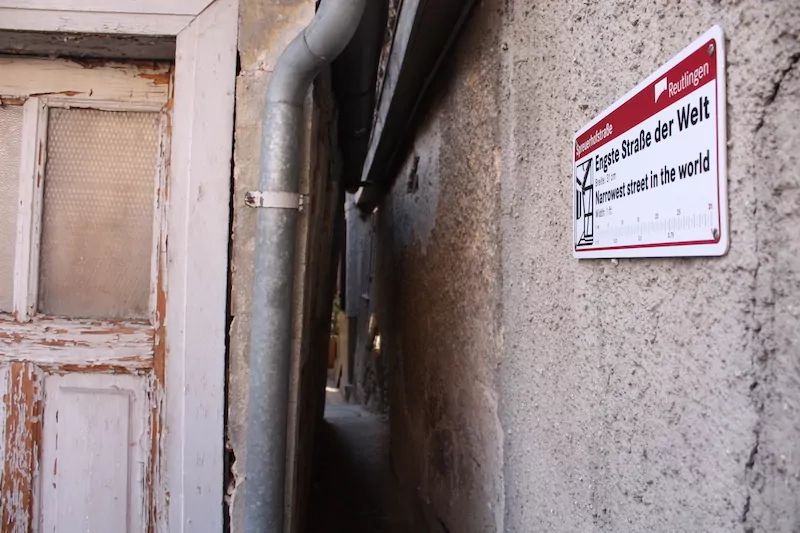
10. Most zoos in the world
Germany has 400 zoos and Germans love their parks. Dresden Zoo (1861) is one of Germany's oldest zoos and is located in eastern Germany on the border with the Czech Republic.

11. The Christmas tree from Germany
The Christmas tree, or Tannenbaum in German, dates back to the 15th century when a Christmas tree was introduced to wealthy families. The Germans made paper roses, sweets and apples to hang on the tree. The famous song 'O Tannenbaum' (Oh Chistmas tree) was published in 1824.

12. Some German inventions
- Aspirin began production in 1899 after research by Karl Jacob Löwig.
- The drink Fanta was developed in 1940 by Dr Schetelig, chief chemist at Coca-Cola's German subsidiary, because the flavourings in Coca-Cola were not available in Germany during the Second World War.
- Handball came from Germany.
- Hans Riegel created the Haribo gummy bear candy.
- Watchmaker Peter Henlein created the pocket watch in 1504.

13. oldest pub since 1332
I Stralsund in northern Germany you will find the Zum Fahre pub, which is probably the oldest pub in Germany and probably one of the oldest pubs in Europe. Drink the beer with care.
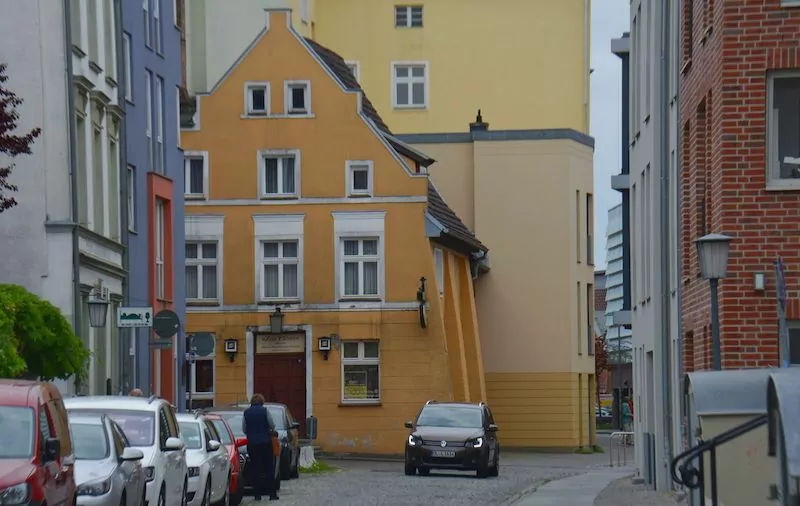
14. 5000 beers are available in Germany
In Germany you will find 1300 breweries to all this beer. I wonder if anyone has tried them all?
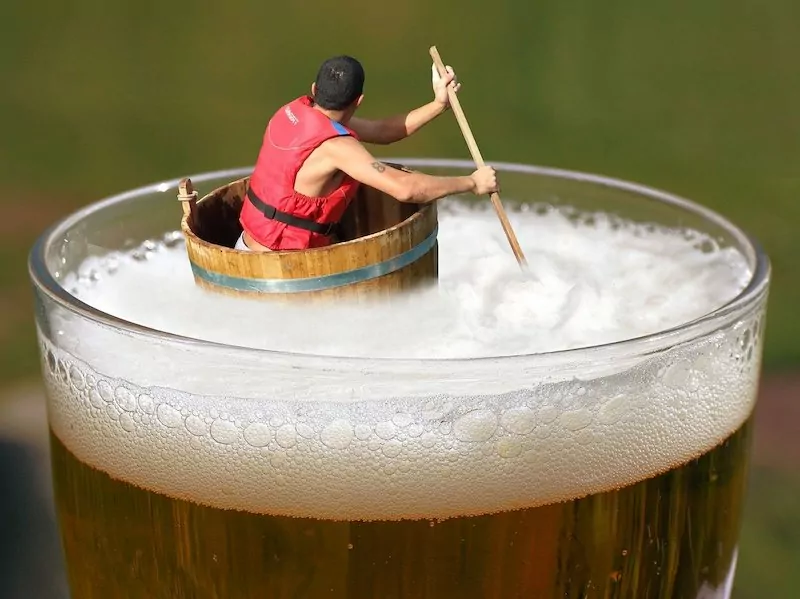
15. Oktoberfest is the world's largest public festival
Oktoberfest in Germany is the largest folk festival in the world and lasts for 16 days. It starts around 20 September and runs until around 5 October. Oktoberfest has been organised in Munich since 1810 and similar beer festivals are held in many other German cities.
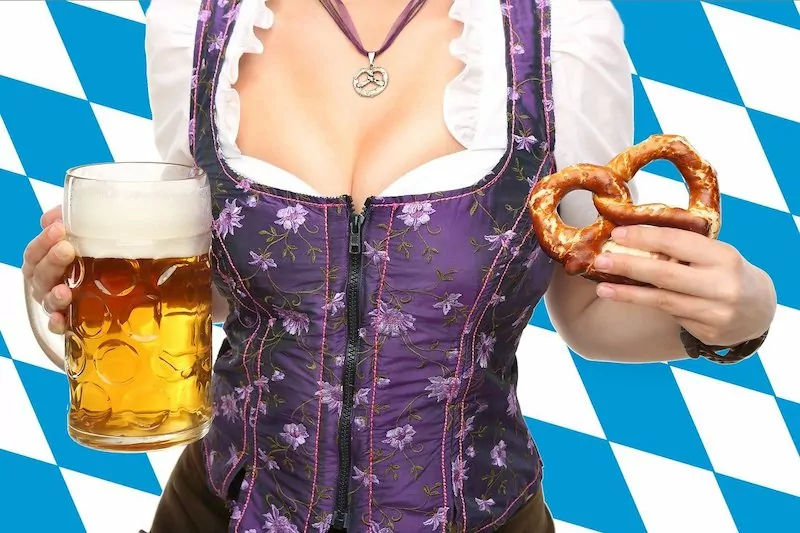
16. Classical music from Germany
How about Johann Sebastian Bach, Wolfgang Amadeus Mozart and Ludwig von Beethoven? What idols for the whole world!
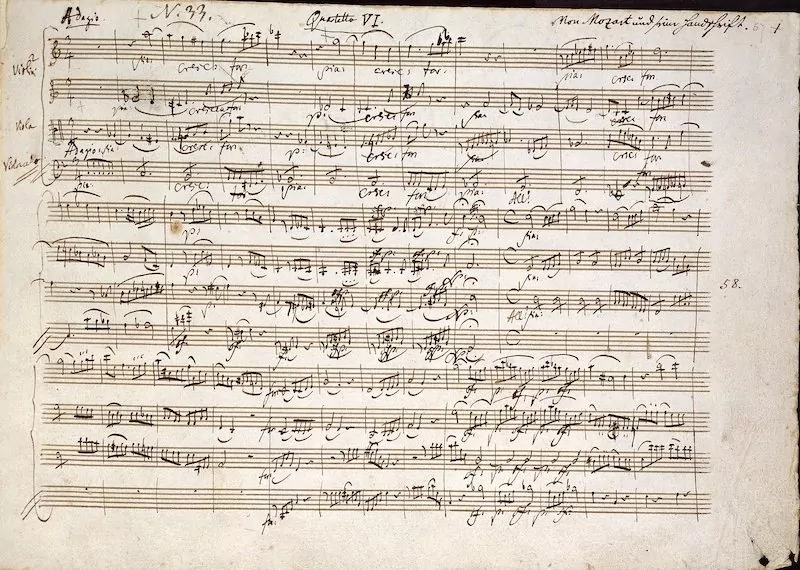
17. 37 Nobel Prizes for Germany
Germany has received many great awards in fields ranging from peace prizes, literature, chemistry, physics, maths and everything else you can think of. Congratulations to all these amazing people!
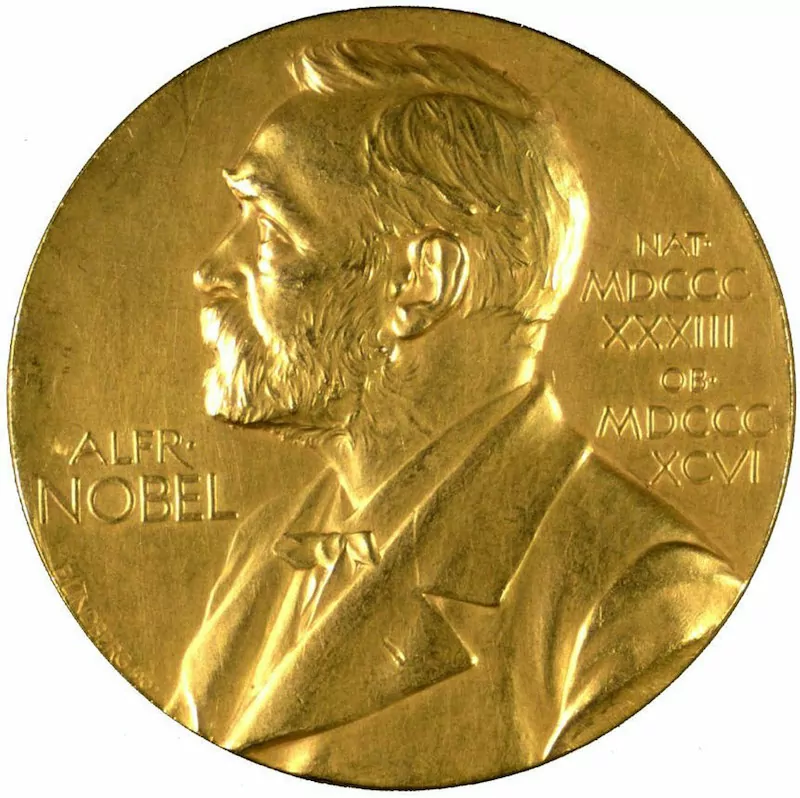
18. Two wins in Eurovision
When the Eurovision Song Contest started there were 7 entries in 1957 in Lugano, Switzerland, and Germany contributed one of them. Germany has won twice, once in 1982 with "Ein Bisschen Freiden" and once in 2010 with "Satellite".
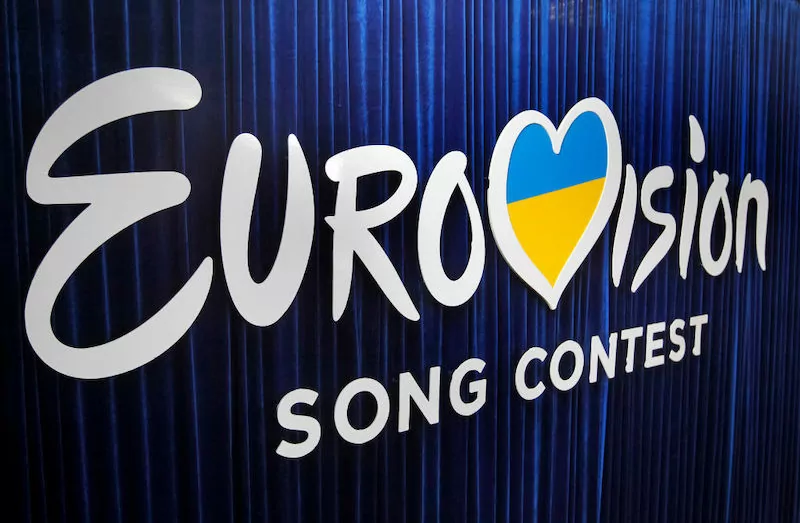
19. 1000 different sausages in Germany
We know sausages like Bratwurst, Knackwurst and the blood sausage Blutwurst. Currywurst is the most popular in Germany and nearly 800 million of these sausages are consumed in Germany every year.
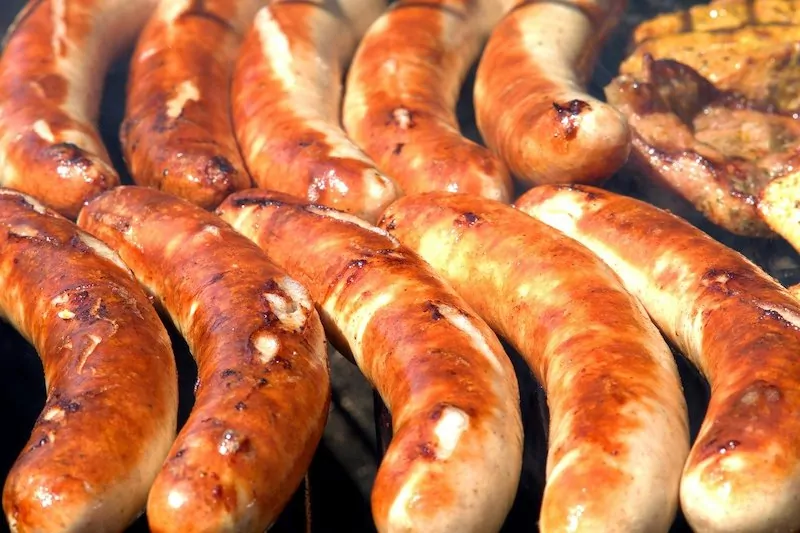
20. Levi Strauss jeans
From Buttenheim in Germany comes the jeans maker Levi Strauss, or as he was called before moving to the US, Löb Strauss. It must be said that Löb did really well, and there is a museum in Bavaria about his history if you happen to be travelling in Germany.
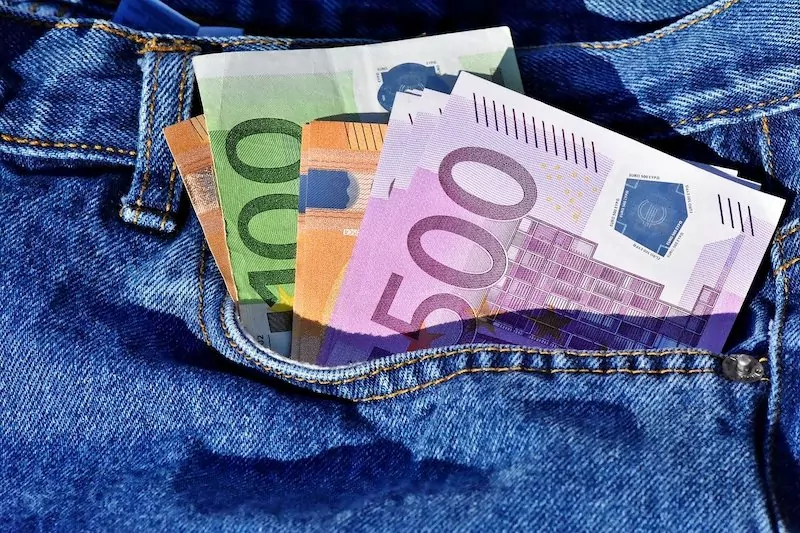
21. The Beatles in Germany
The Beatles were at the beginning of their career in the Red Light District and the Reeperbahn in the Hamburg as very, very young. They had almost 300 gigs between 1960-1962 in Hamburg before going back to England and breaking through.
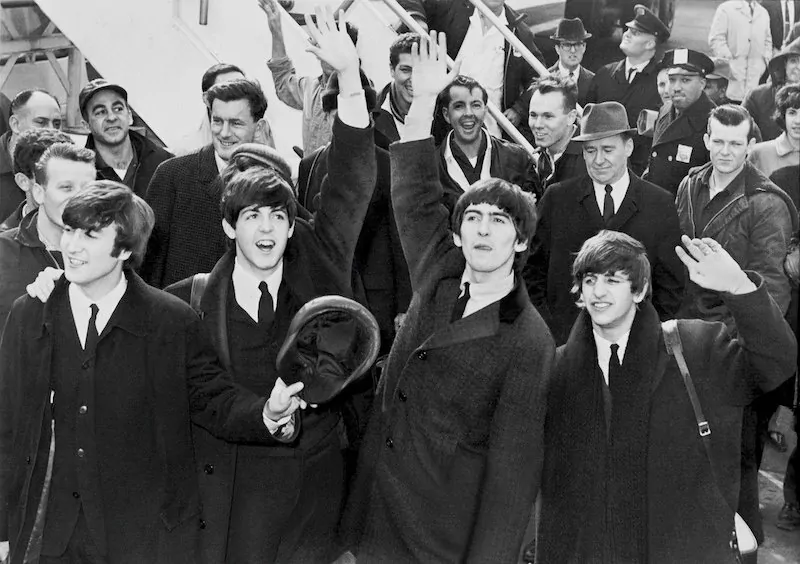
22. The world's oldest fast food
Wurstkuchl or Regenburg sausage kitchen in Germany, 90 km southeast of Nuremberg, is the world's oldest fast food restaurant, dating back to 1146 AD. That's 350 years before the discovery of America.

23. 51 Unesco World Heritage Sites in Germany by 2021
There are 51 UNESCO World Heritage Sites here in Germany (2021), and I (Peter) want to see them all! You'll find extra ones in Berlin, Dresden and Trier.

24. 309 Michelin restaurants
There are 309 Michelin stars here spread over 261 restaurants (2019), second only to France. Prices are lower than in Sweden, so take advantage!

25. Germany's oldest brewery
Weihenstephaner is the world's oldest brewery from the year 1040. The brewery is located in Freising north of Munich and is known for its wheat beer Weihenstephaner Hefeweissbier.
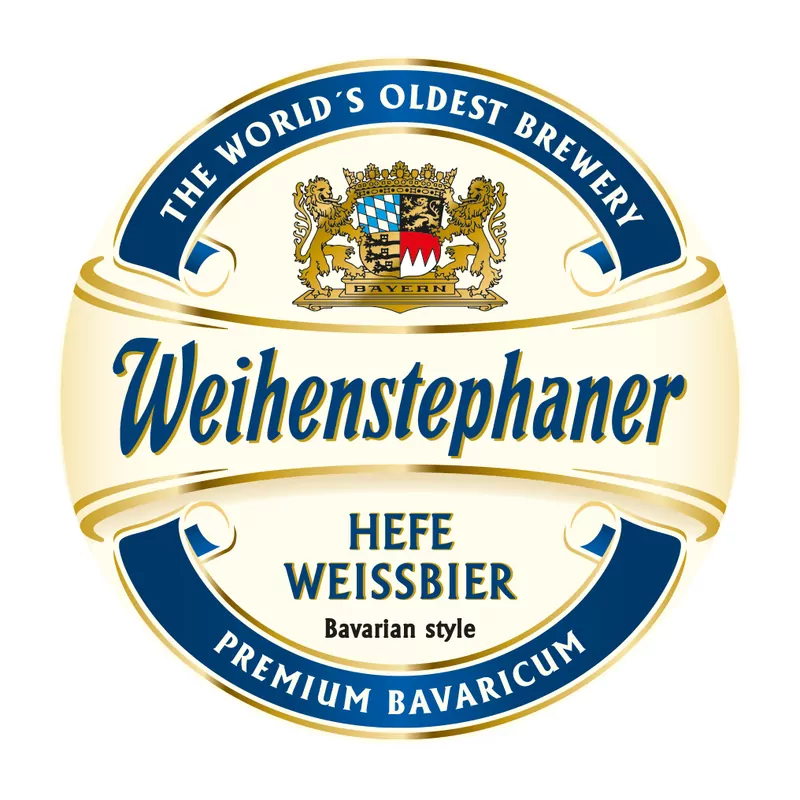
26. Optical eye lenses
Ophthalmologist Adolf Fick (1852-1937) invented the first optical contact lenses in 1888.

27. The world's largest zoo
In Berlin, the Zoologischer Garten is home to 14,000 different animals and over 1500 different species. Dating back to 1844, Berlin Zoo is the oldest zoo in Germany and the largest in the world. Welcome to the zoo!

28. The famous white wine
From the beautiful Moselle Valley In the federal state of Rhineland-Palatinate in south-west Germany comes the world-famous white Moselle wine. The wine has really put Germany on the map far beyond the borders of Europe.
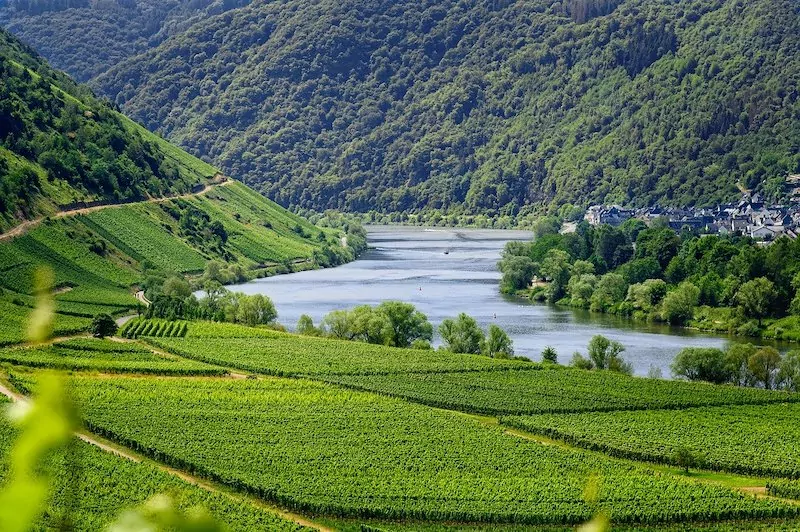
29. Summertime from Germany 1916
To save energy During the First World War in 1916, Germany introduced daylight saving time (DST), and it still stands. Now you know where summer time comes from!
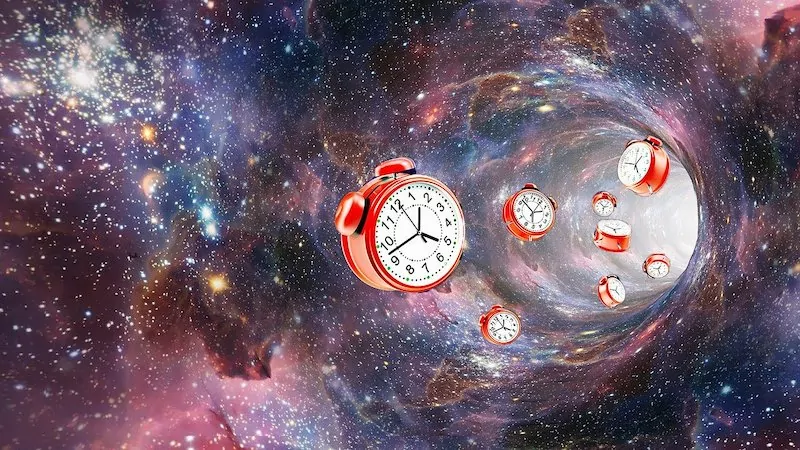
30. The Count and the airship
Zeppelin ears is named after the German Count Ferdinand von Zeppelin. On 2 July 1900, the first 128-metre-long Zeppelin LZ 1 took to the skies.
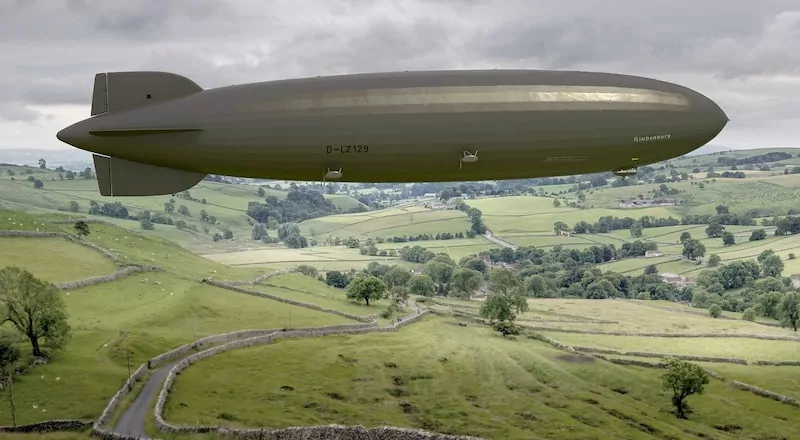
Surprising facts about Germany?
Have we surprised you or were there some exciting facts about Germany that you didn't know? Maybe you have some things we don't know that you can share?
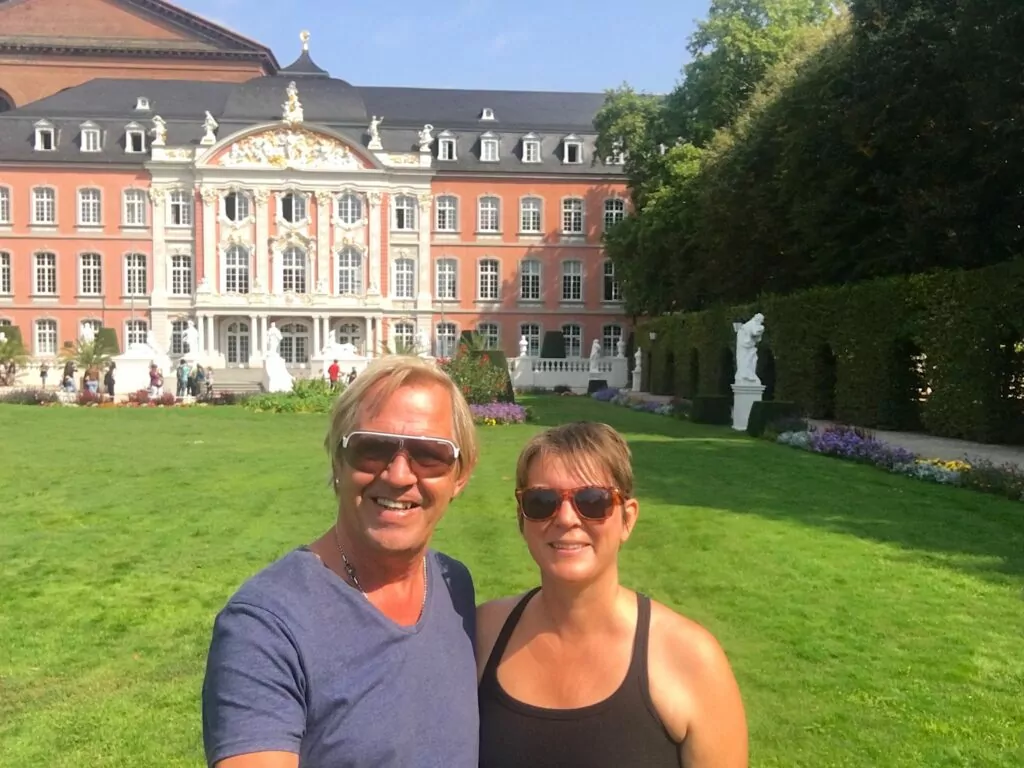
More interesting facts about Germany
- Flag: The flag has three horizontal bands, starting at the top with black, red and gold at the bottom. You can also see the flag with the coat of arms of Germany in it and it is a black bird (like an eagle) with outstretched wings with a red beak and red claws.
- Unesco World Heritage Sites in 2020: 46
- Nobel Prizes: 37 of them

Germany Facts
- Capital city: Berlin
- Population: 82 million
- Official language: German
- Currency: Euro
- Religion: Christianity (Protestantism and Catholicism)
- Price level: slightly cheaper than Sweden
- National dish: Sauerbraten
- National saint: Boniface
- National bird: White stork
- National anthem: Deutschandlied
Information on Germany for those looking for destinations
We have a webpage about destinations and what to do called Travelling to Germany - guide to Germany's best travel destinations or Pitches and campsites in Germany
More fun facts

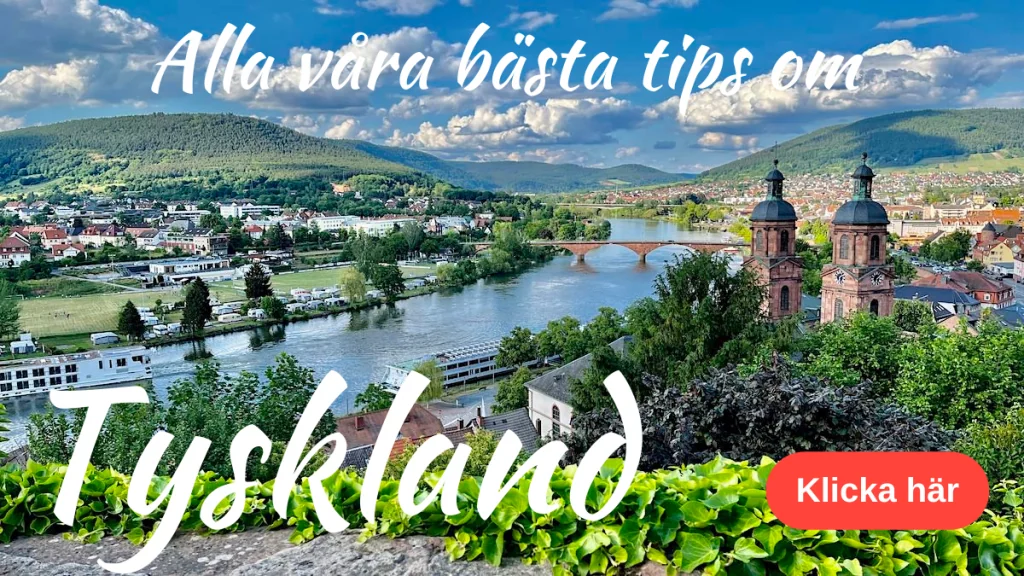


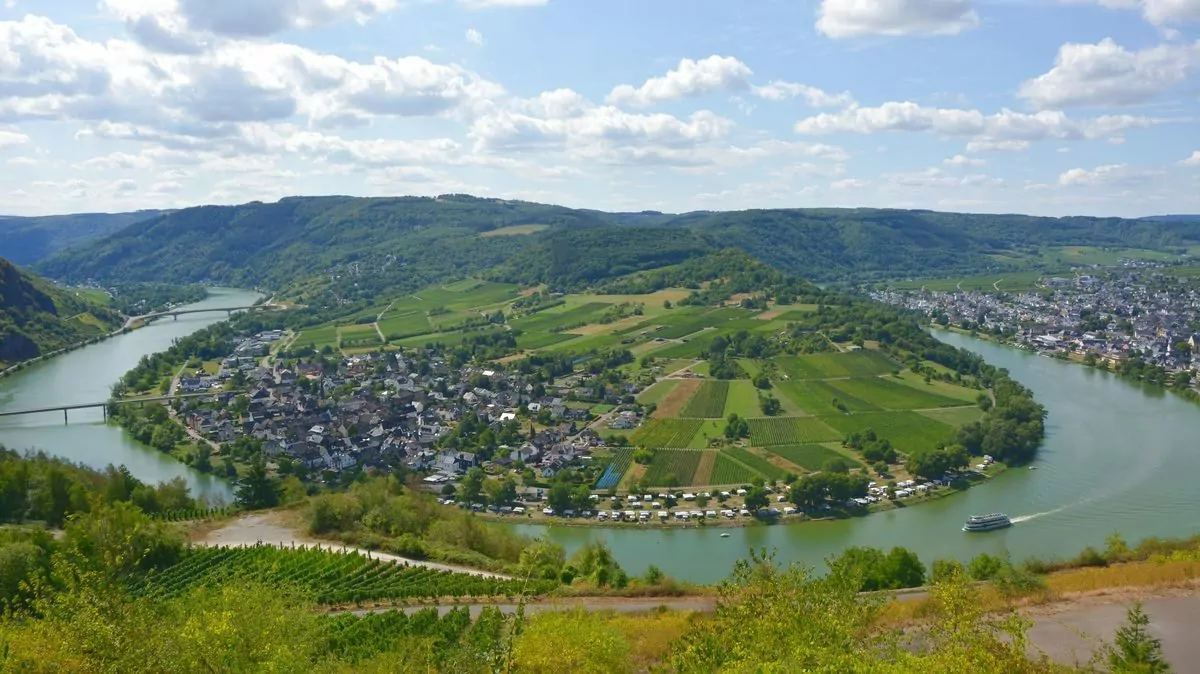






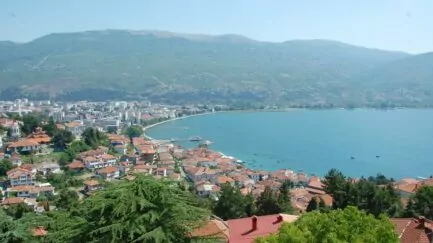



Mr Nils-Åke Hansson says:
But the asparagus is very much German.
03 May 2020 - 8:52
Peter says:
Hi Nils-åke! You are absolutely right but I thought of some things that many people might not know about Germany. Asparagus is crazy good and big and therefore may not fit into this article. Peter
04 May 2020 - 21:18
diana's dreams says:
Fun to know about Germany 🙂 Hugs to you/Diana
03 May 2020 - 15:16
Peter says:
Hi Diana and long time no see. Let's have a hug in 2023 or something? What a scary thought! Thanks for writing to us!
04 May 2020 - 21:19
BP says:
There was a lot I knew, but just as much I had never heard of. I was even sure that Mozart was from Austria, as he was born in Salzburg, but apparently Austria was part of Germany when he was born. Oooops, the history thing is not my thing;-)
03 May 2020 - 20:37
Peter says:
Haha and they all fight for attention... Think of poor Mother Theresa who was born in Macedonia but lived in Albania, and then they fight over who can get the most attention to get more tourism, who is dead today. Of course Mozart was born in Austria and died in Salzburg because we have been there ourselves in his home, but then as you say, that time belonged to Germany. I was born in Sweden with a grandmother from Germany and a grandmother with French ancestry, so who do I belong to?
04 May 2020 - 21:28
Maria's memoirs says:
Such fun facts! I saw an airship silently glide across the sky in Kontanz, that was pretty cool. Must have been a scary sight during wartime though, as they were used to drop bombs... I'd like to try walking through the world's narrowest street ?
04 May 2020 - 19:43
Maria's memoirs says:
Constance, I meant
04 May 2020 - 19:44
Peter says:
Hi !!!!! I also want to walk on the narrowest street in the world and shall we do it together when better times come? I am of course interested in zeppelins as I say "YES" to most things. We want to travel again !!!!!!
04 May 2020 - 22:16
Anna says:
Thank you for good and informative articles. Do you know if there are good summaries of each country's world heritage sites? I collect them when travelling but don't have many so far. I've been looking for good compilations ...but maybe in the wrong place 😉.
04 May 2020 - 21:54
Peter says:
Hi Anna! Sweden is a small country and when I look for information I go to the English sites instead. Here is a link to the better one I have found.http://whc.unesco.org/en/list/
You may already have it, but this is the best one I have.
04 May 2020 - 22:22
Lena in Wales and Spain says:
Great reading!
Some things are new, but I've also talked about many things as a tour guide in Germany.
So good that you put some high light on Germany, which for many is only a transit country. Discovered as a tour guide, how little the Swedes knew about Germany, despite the proximity.
06 May 2020 - 13:18
Peter says:
Hi Lena! To be honest, the last three years I have discovered Germany. We always just drove past because the southern coasts of Europe attracted soooo much. Now I have read up on it and damn how much there is.
27 February 2021 - 8:23
Lena - good for the soul says:
Haha, fast food was invented 350 years before America was discovered. 🙂 Fun twist!
What a fun read. There was a lot that was unfamiliar to me. And a lot familiar.
Hug Lena
09 May 2020 - 8:30
Peter says:
Hi Lena! Many people actually forget how young America is... Germany has a lot and we should see more of it in 2021 if we get for Coronan?
27 February 2021 - 8:24
Mr Kristoffer says:
Hi I picked up this morning your post/article on "30 THINGS YOU (MAY) NOT KNOW ABOUT POLAND" Very interesting. Then I jumped on Germany at least as interesting
As for Germany, which we have passed through many times, one day we discovered that there are brown signs along the endless motorways. Take these exits and you'll find amazing places that we've been passing by for decades. You can stop there for a cup of coffee or a meal instead of eating in the boring places with boring food along the motorway. This is our biggest discovery about Germany and of course the piece on bridges in Berlin. You also don't write about the "romantic road" with fantastic towns and castles in southern Germany. Unfortunately we learnt about it recently since Germany never felt like a tourist country.
While in Germany, I was struck when I read about German sausages that you asked for more tips about the countries you describe. My wife and I are at least as well-travelled as you are. We have visited absolutely every country in Europe except Albania plus some outside Europe. But back to the German sausage that Germany is famous for. We, on the other hand, believe that there is no country in the world, Germany, France, Belgium, Czech Republic, Spain, former Yugoslavian countries, Greece that can even remotely beat Polish charcuterie and Sausages for that matter. Pork is Poland's absolute favourite type of meat. So bloody beef and such is not to be sought in Poland. But no one can beat the Poles on pork products. Another interesting thing about Sweden-Poland, since your blog is Swedish anyway, is that if you get a map of Polish castles, palaces and fortresses, with its short history on the back, you can find out that during the "Swedish deluge", i.e. when the Swedes ravaged Poland in 1655-60 (I think), it was burned, destroyed, levelled with the ground and of course, Polish treasures and objects were looted in more than 50% of all Polish castles, palaces and fortresses. Several Swedish noble families have made their fortunes and become big and famous on these plunderings.
And last but not least, I met a Swedish woman (I don't want to give her name on this open blog) who was adopted by a Polish family between the first and second tool. Amazing that it was so poor then in Sweden, not so long ago, that Swedish children were adopted to Polish families. All the more amazing that as late as the end of World War I, Poland has regained its independence after more than 100 years of German, Austrian and Russian occupation and yet Poland must have been so rich that Poles adopted Swedish children and not the other way round.
MVH Kristoffer
31 May 2020 - 23:29
Peter says:
Interesting reading Kristoffer! I wonder how many lives you have to have to get everything. We read a lot about all countries but there is always more. What is charming about Poland and its charcuterie is that there is a small charcuterie shop in every small town that does its own production and I like that. I love all the small cucumbers and pies from their own farms.
27 February 2021 - 8:28
Only isabella here says:
🇩🇪 best 🇩🇪
04 December 2020 - 11:08
Elisabeth Jackson says:
WA Mozart was born in Salzburg. He was an Austrian.
12 March 2023 - 14:26
Peter says:
Absolutely right Elisabeth. We had that discussion a bit higher up the thread and today we say that he was born in Austria and died in Zalsburg which we have visited ourselves. Then Austria was part of Germany and there are always different disputes about then and now.
18 March 2023 - 0:59
hitler says:
what happened to hitler
30 November 2023 - 9:50